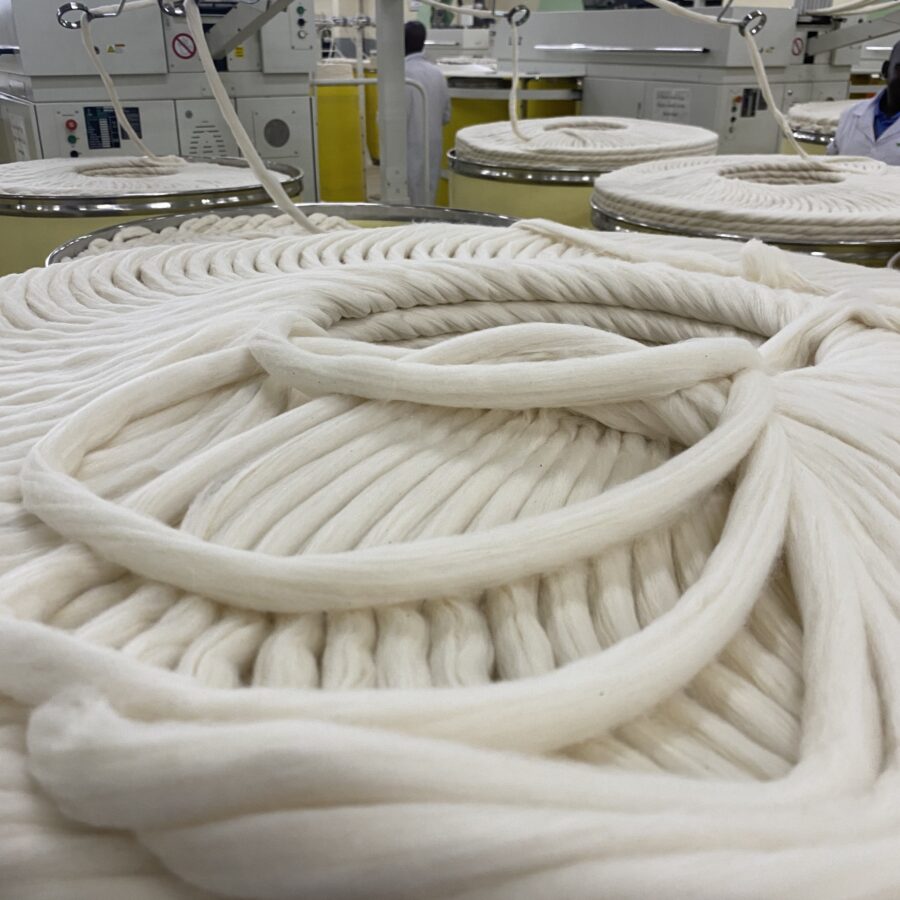
Photo: Anna Lohmatova
Addressing the Challenge
In Kenya, the textile industry faces a significant environmental challenge. The prevalent linear production model in textile manufacturing is a major contributor to climate change, marked by excessive consumption of raw materials, water, and energy, along with the generation of substantial pre-consumer waste. This system not only impacts the environment but also affects people’s wellbeing and the economy.
Project Objective
Our project aims to revolutionize the Kenyan textile industry by introducing the UPMADE model to the Rivatex textile factory. This initiative focuses on transforming the conventional linear production approach into a circular model. By adopting UPMADE’s principles, we aim to:
Enhance the industry’s resilience and prosperity.
Reduce the environmental footprint of textile production, notably in pre-consumer waste.
Boost job creation and skill development.
Improve competitiveness and innovation in creating sophisticated products.
Significantly cut down on greenhouse gas emissions, aligning with climate targets.
Towards a Circular Future
By bringing the UPMADE model to Kenya, we are not just transforming an industry but also paving the way for a more sustainable, efficient, and environmentally responsible future.
Partners
Stockholm Environment Institute Tallinn (Estonia)
Moi University (Kenya)
Project duration
01.09.2023 – 01.03.2025 (18 months)
Project is financed by the Republic of Estonia

Learn more about the project on the webpage of the EKA Sustainable Design & Materials Lab.
